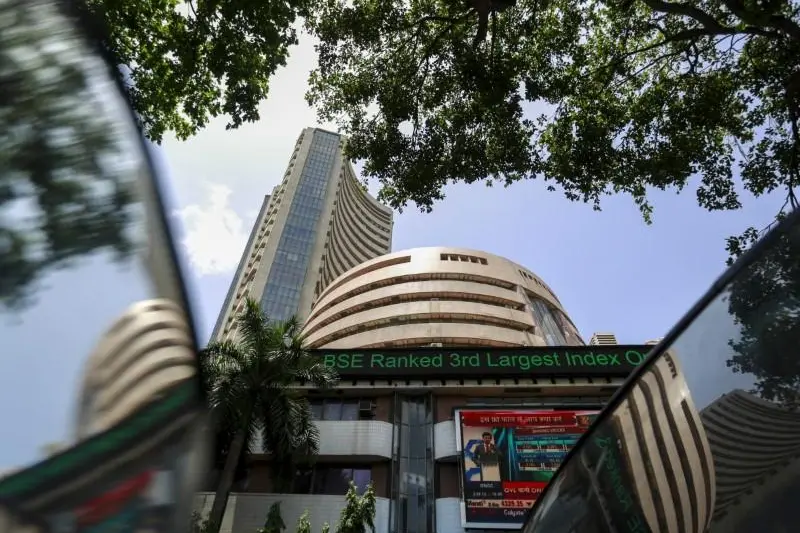PHOTO
MUMBAI/BENGALURU - India's stock market shot to record highs early on Thursday on news the prime minister was easily securing a second term, but all the gains vanished as investors took profits and started looking at the broader fundamental issues facing the economy.
The broader NSE index, which on early vote results surged 2.58% to a record 12,041.15, closed down 0.69% at 11,657.05 points.
The benchmark BSE index, which reached an all-time high of 40,124.96, ended 0.76% lower for the day at 38,811.39. "Giving credence to the old adage 'sell on facts' the domestic markets witnessed a sell-off on the election results," said Joseph Thomas, head of research at Emkay Wealth Management in Mumbai.
After Modi's big victory, "the focus will now be entirely on the agenda before the new government, and how they are going to address the economic realities around rural incomes and job creation," he added.
The partially convertible rupee also surrendered its early advance. It was trading at 70.03/04 per dollar at 1040 GMT, versus previous close of 69.6750 after earlier rising to the session high of 69.3750.
Unlike stocks and the rupee, bonds held on to some gains. Low inflation, ample liquidity support from the central bank and expectations of easier monetary policy was helping sentiment for the bond market.
The benchmark 10-year bond yield was down 4 basis points at 7.22% after touching 7.19% earlier, its lowest level since April 9, 2018.
Prime Minister Narendra Modi is sweeping to a huge election victory, giving his party the mandate to pursue business-friendly policies, as well as continue to take a hard line on national security and muscular Hindu nationalism.
Thursday morning's stock-market surge reflected investors' comfort with a big Modi win. They largely him view his National Democratic Alliance as more pro-industry than the opposition-led Congress.
Modi's government had mixed success in its first term, facing criticism for slowing growth and a failure to create jobs while winning plaudits for implementing tough tax and banking reforms and infrastructure spending.
Investors expect a second term will give him time to carry through those reforms while pushing for more fiscal and monetary stimulus. The opposition fought the election on a policy platform promising better farm income and jobs.
The NSE index rose 64.8% during Modi's first term, through Wednesday's close.
BUY-ON-DIPS
Getting the index to stay above 12,000 "will be difficult for the market because now the reality will kick in, people will go back to results and global cues," said Samrat Dasgupta, CEO at Esquire Capital Investment Advisors. "I feel there is only a limited upside."
"I do not expect a big correction but definitely, some consolidation for the next couple of months before new cabinet's policies kick in. I feel one big uncertainty has been removed so it becomes a buy-on-dips market again."
Rajeev Pawar, a group head at Edelweiss Financial Services, said any sustained market rally would require "concrete steps to address liquidity and credit stress".
"Revival, reflation and reform should be the mantra going ahead," he added.
Investors said health of the corporate and financial sectors is of paramount concern.
"The successful execution of the insolvency and bankruptcy code and corrective action to rein in non-performing loans in the public banking sector would enable financial institutions to support the next round of credit growth," said Leong Lin-Jing, Asian fixed income investment manager at Aberdeen Standard Investments.
"If Modi can implement the rest of his reform measures during his second term, it will certainly increase India's growth potential."
(Reporting by Swati Bhat; Additional reporting by Chris Thomas, Krishna Kurup and Savio Shetty; Editing by Richard Borsuk) ((swati.bhat@thomsonreuters.com; twitter.com/swatibhat22; +91-22-61807353; Reuters Messaging: swati.bhat.thomsonreuters.com@reuters.net))





















